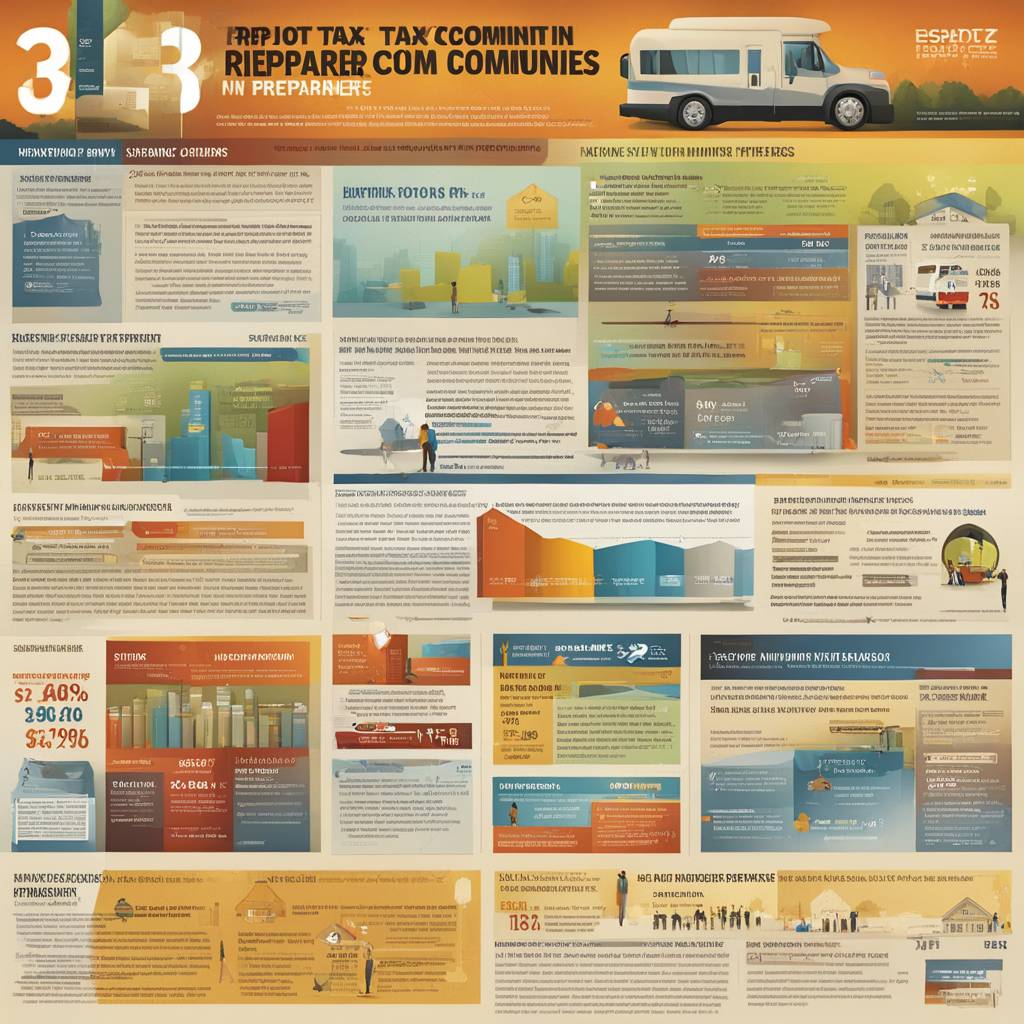A recent report found that counties with a higher proportion of low-income or Black and Hispanic residents are more likely to have storefront offices of paid tax preparers. These preparers can often make mistakes in filing that lead to errors or smaller refunds and charge high fees that offset cash from tax credits like the Earned Income Tax Credit (EITC). The exploitation of low-income taxpayers is core to the business model of these companies, who often offer payday lending products that advance tax refunds in exchange for a percentage of the refund.
By analyzing IRS data on preparers, the annual IRS Statistics of Income data book, and U.S. Census demographic data, the report’s author, Portia Allen-Kyle, found that paid tax preparers are more prevalent in counties with higher numbers of Black and Hispanic taxpayers and EITC claimants. For example, in counties with more Black taxpayers and EITC claimants, there were more Liberty Tax and Jackson Hewitt locations. Similarly, counties with more Hispanic taxpayers and EITC claimants had more Liberty Tax, Jackson Hewitt, and H&R Block locations.
The Earned Income Tax Credit has been criticized for having high error rates, accounting for 7% of all improper federal payments in 2022. Many of these errors can be attributed to paid preparers, with a GAO study finding error rates on EITC returns as high as 94% in the early 2000s. A more recent study in 2014 found that only two out of 19 unenrolled preparers did taxes correctly, with the rest making errors that ranged from underpayments to overpayments.
In addition to making errors, paid preparers can also charge high fees or encourage customers to get pre-refund checks or loans that reduce the size of their EITC. A study in 2016 found that low-income taxpayers in Washington, D.C., and Baltimore were charged prep fees as high as 22% of their EITC amounts. While tax prep firms argue that the terms of these products are disclosed and subject to regulations, critics argue that these practices can disproportionately affect low-income taxpayers and exploit their financial vulnerability.
The report highlights the need for increased awareness of the potential risks of using paid tax preparers, especially for low-income and minority communities who may be more vulnerable to exploitation. Efforts to improve access to free, direct tax filing services and increase financial literacy among taxpayers could help reduce the reliance on paid preparers and mitigate the financial impact of errors or high fees. By addressing these disparities in tax preparation services, policymakers can work towards creating a more equitable tax system for all taxpayers.








